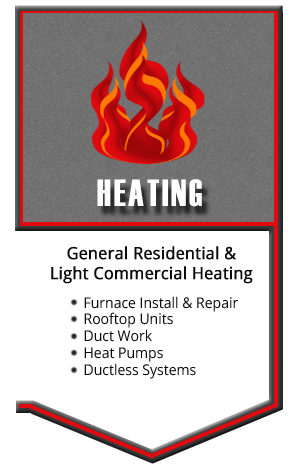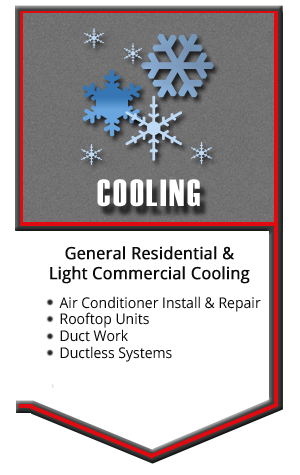Why You Should Upgrade To An Energy Efficient Heating System
Heating your home takes about 35% to 50% of energy bills annually. This makes it the biggest energy expense in the majority of homes. The best way to lessen your home’s impact on the environment is to reduce the energy used for heating. Heating systems disperse over one billion tons of C02 into our atmosphere every year. It also emits 12% of our country’ sulfur dioxide and nitrogen oxides.
However, there are ways to make your home more environmentally friendly. Conservation and high-efficiency heating can reduce your pollution and fuel bills by one third, and in some cases, by half. As a matter of fact, a high-efficiency boiler or furnace can save 1 to 2 tons of CO2 emissions every year.
The Basics
Heating systems replace the heat that escapes from your home. There are four factors that determine how much energy your heating system is consuming in order to place the lost heat:
• Where the house is located (colder climates lose more heat).
• The size of the house.
• The energy efficiency of the house.
• The energy efficiency of the heating system.
Obviously, there’s not much you can do about the first two factors unless you’re willing to relocate. When it comes to energy efficiency, there are several things you can do. These things include:
• Improving insulation.
• Air sealing.
• Repairing the ducts and pipes.
If you use these three methods, you will greatly increase the energy efficiency of your home. Not only is this great for the environment, it’s also great for your wallet!
Another way to save money is to upgrade your current heating system. You can do this by installing a high-efficiency unit, or enhancing the energy efficiency of your current unit.
Of course, it’s also helpful to understand the terms used when discussing heating systems. At times, technicians or salespeople tend to use terms that laypeople don’t understand. As a result, the homeowner doesn’t have an understanding of what is being done to their heating system. You don’t want this to happen to you.
There are three basic parts of a central heating system:
1. Heating system: This is where fuel is converted into heat.
2. Distribution system: This is the system that distributes heat where it’s needed.
3. Controls: These regulate how the system runs.
If you’re looking for ways to save money on your energy bill, you should focus on your heating system. Ensuring that your heating system is as energy efficient as possible will help you save money and lower your energy bill.



